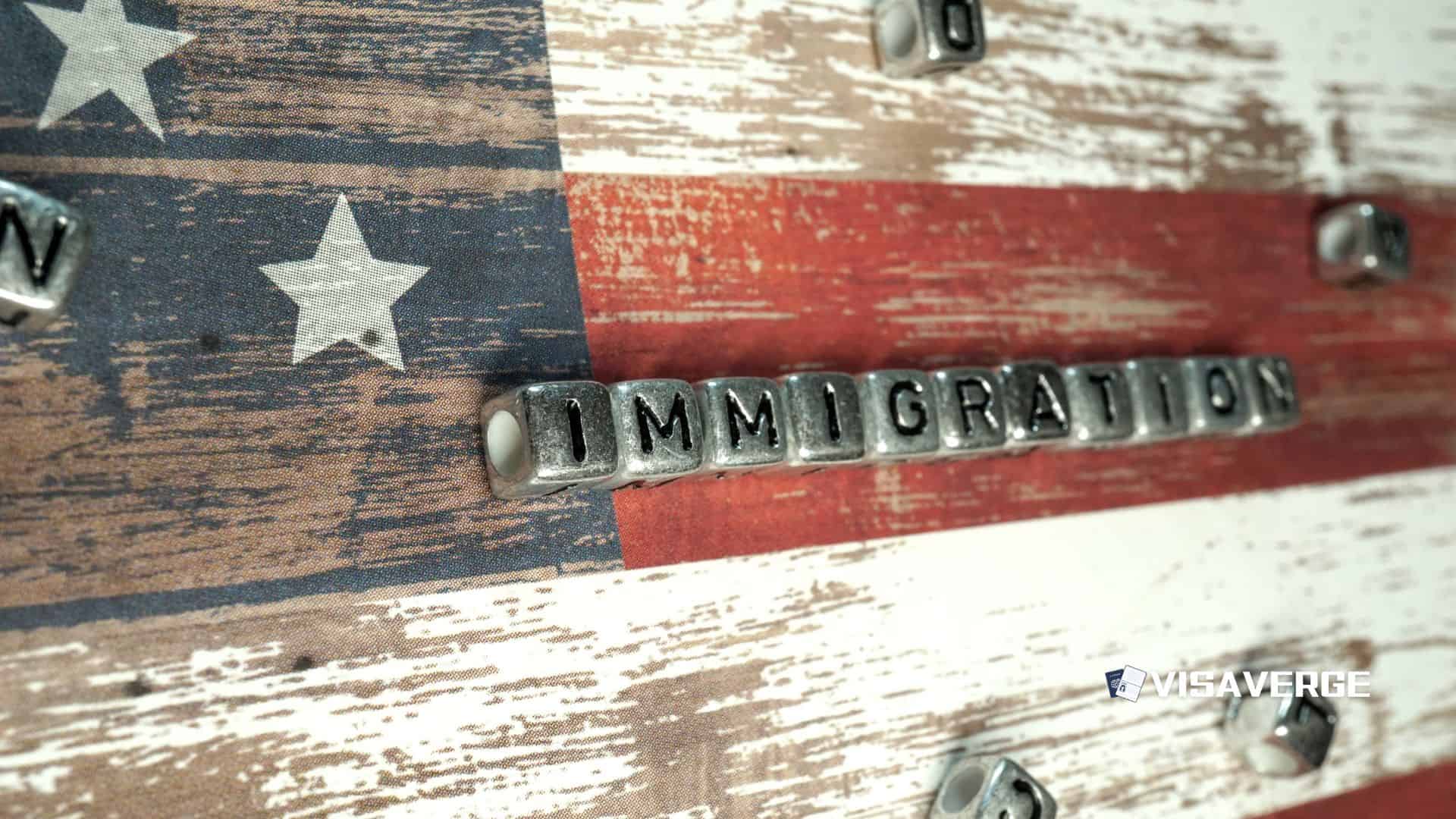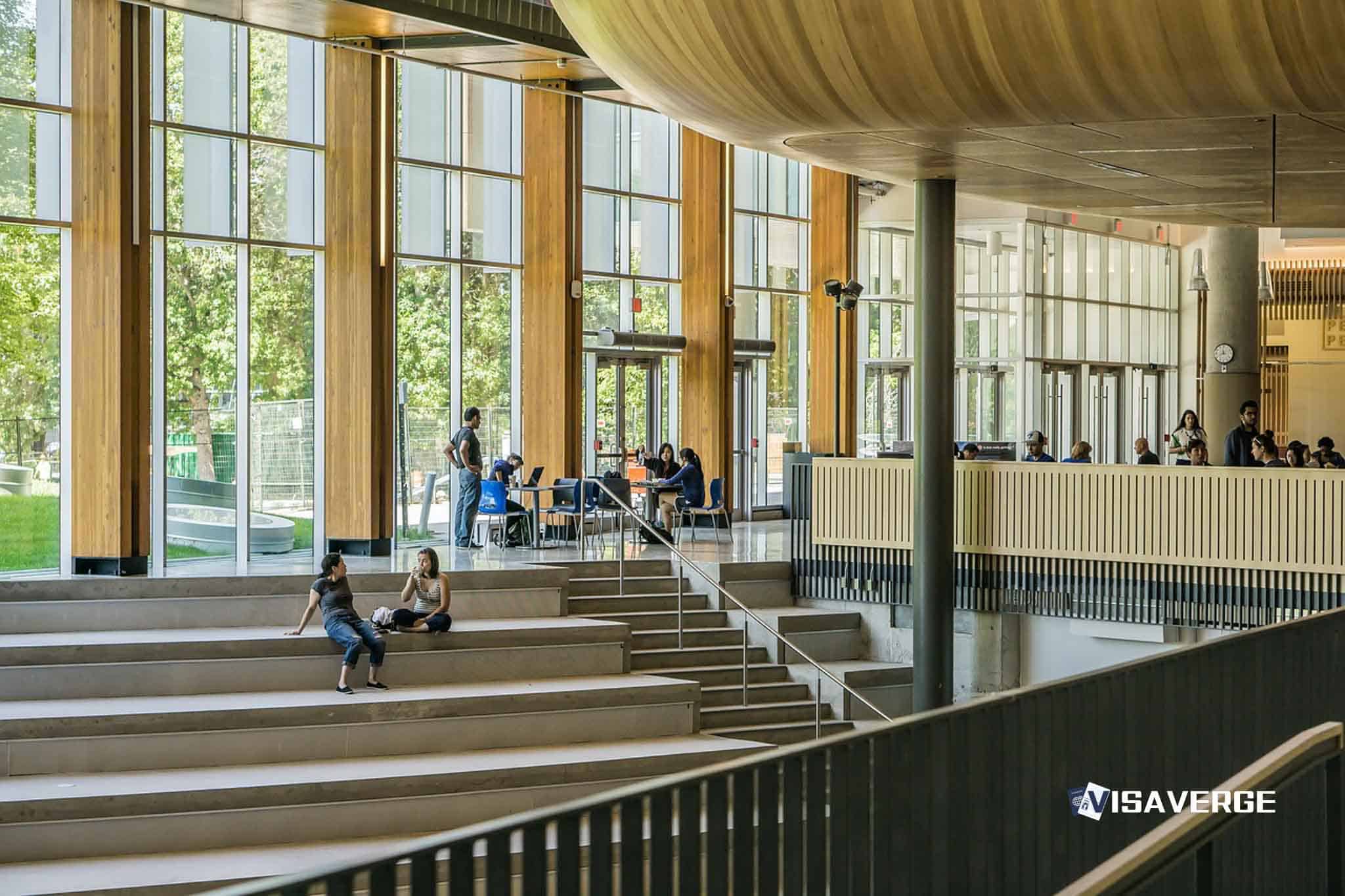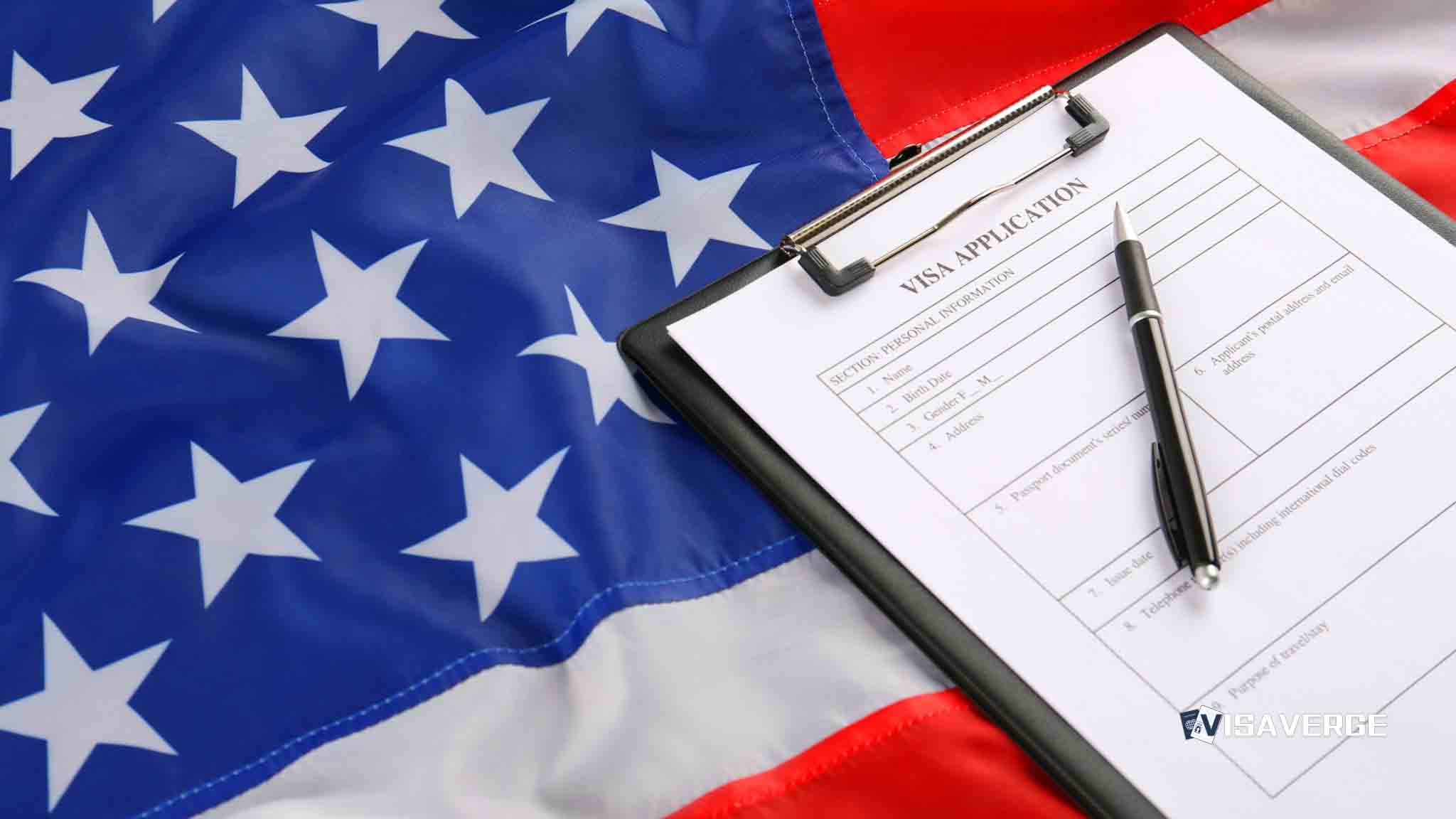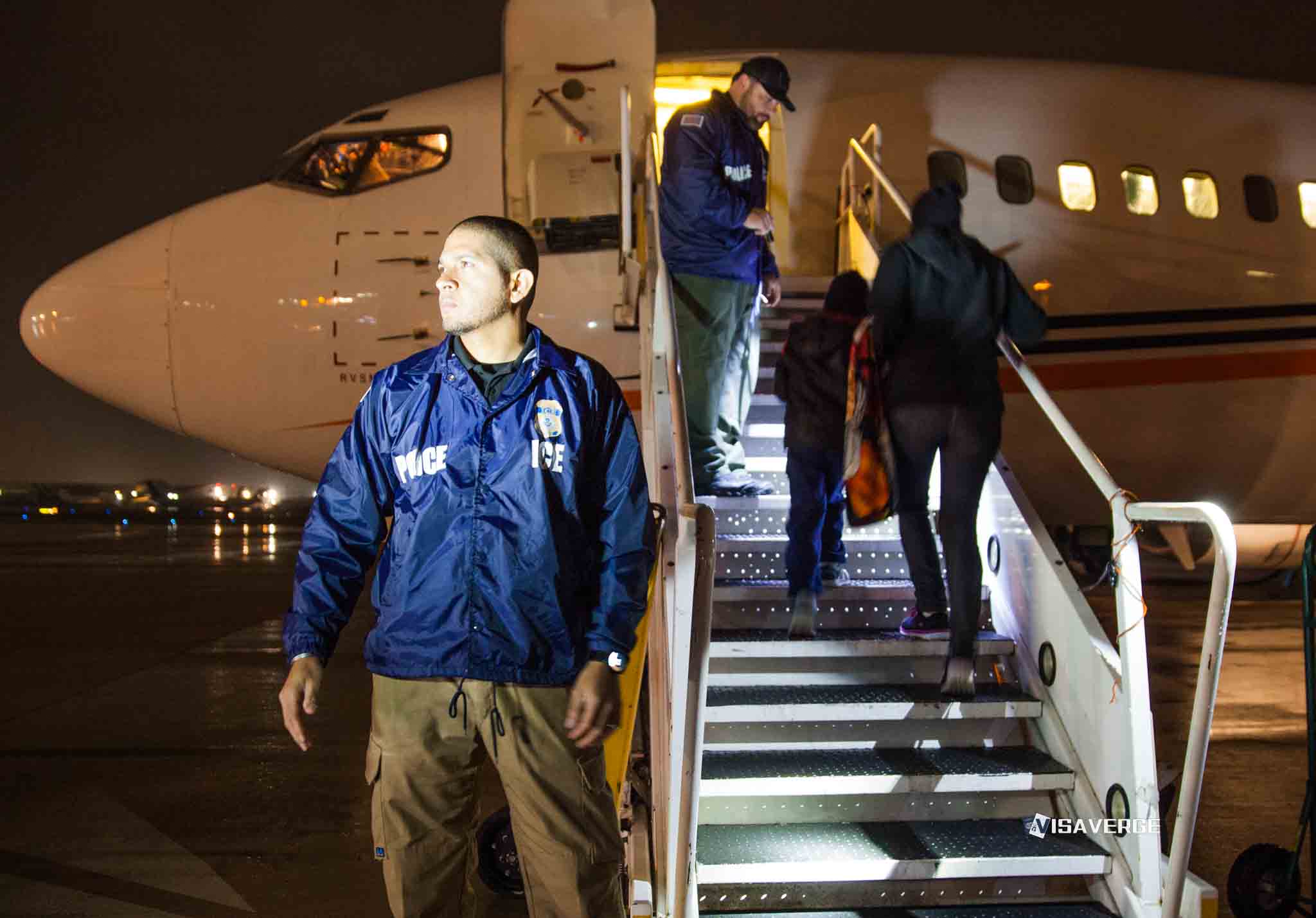Federal immigration enforcement in Los Angeles has come under intense scrutiny after a new report and a series of legal actions allege widespread racial profiling and unconstitutional practices. Between June and July 2025, hundreds of enforcement actions have targeted Latino and other communities of color, sparking outrage, legal challenges, and a temporary halt to certain federal operations.
CHIRLA Report Uncovers Patterns of Racial Profiling

The Coalition for Humane Immigrant Rights (CHIRLA) released a detailed report in July 2025, documenting 471 confirmed federal immigration enforcement actions in Los Angeles County from June 6 to July 20. According to CHIRLA, these actions were not random. Instead, they were heavily concentrated in neighborhoods with large populations of People of Color, especially Latino communities. ZIP codes such as Pacoima (91402), North Hills, Pico Rivera, Echo Park, Bell Gardens, and parts of South and Downtown LA saw the highest activity.
CHIRLA described the enforcement as a “military” style campaign that aimed to intimidate and racially profile vulnerable immigrant neighborhoods. The report, based on data from the Los Angeles Rapid Response Network (LARRN), suggests that federal agents focused their efforts on specific areas, raising serious concerns about systemic bias and racial discrimination in federal immigration practices.
Angelica Salas, CHIRLA’s Executive Director, condemned the raids, stating, “These actions are racially motivated and unconstitutional. The court’s decision is a reaffirmation of the protections guaranteed by our Constitution.”
Legal Pushback: Courts Respond to Allegations
The legal response to these enforcement actions was swift. On July 11, 2025, a federal district judge issued temporary restraining orders (TROs) against the Department of Homeland Security (DHS) and immigration agents. The orders prohibit stops and arrests based solely on race, ethnicity, language, location, or type of work. The court found that these enforcement tactics likely violated the Fourth Amendment, which protects against unreasonable searches and seizures.
The TRO specifically bars immigration agents from using the following as reasons for stops:
- Apparent race or ethnicity
- Speaking Spanish or English with an accent
- Presence in certain locations (such as bus stops, car washes, or agricultural sites)
- Type of work a person does
Additionally, the court ordered DHS to provide detainees access to legal counsel at the federal holding facility B-18 in downtown Los Angeles on all days, including weekends and holidays. This was a direct response to reports that detainees were being held in poor conditions and denied access to lawyers.
Class Action Lawsuit and City Involvement
The legal challenge, known as Vasquez-Perdomo v. Noem, was filed by the American Civil Liberties Union (ACLU), Public Counsel, and other civil rights groups. The lawsuit argues that the federal government’s enforcement practices are unconstitutional and racially motivated.
Several local governments have joined the lawsuit, including the City and County of Los Angeles, Santa Monica, Pasadena, Culver City, Pico Rivera, Montebello, Monterey Park, and West Hollywood. These cities have emphasized the negative impact of the raids on their communities and condemned the federal government’s actions as illegal and politically motivated.
Los Angeles City Attorney Hydee Feldstein Soto described the situation: “Thousands of armed immigration agents, many without visible identification, have conducted unconstitutional raids that sow fear and mistrust in our communities.” Los Angeles Mayor Karen Bass added, “These actions are politically driven. We will stand united against intimidation and violations of our residents’ constitutional rights.”
Santa Monica Mayor Lana Negrete welcomed the court’s ruling, saying, “We are grateful for this decision, which protects our residents from being detained based solely on their appearance.”
Background: Political Motivations and Enforcement Surge
The surge in enforcement actions is linked to directives from the Trump administration, which called for the “single largest Mass Deportation Program in History.” Los Angeles, known for its immigrant-friendly policies, became a primary target. Local governments and advocacy groups view the crackdown as politically motivated, rather than a straightforward law enforcement effort.
The raids involved large numbers of armed agents, often operating without coordination with local police. This approach has led to widespread fear and disruption in affected neighborhoods. Many residents report feeling unsafe, even when simply going about their daily lives.
Conditions at Federal Holding Facilities
Another major concern highlighted in the lawsuit is the treatment of detainees at the B-18 federal holding facility in downtown Los Angeles. Reports indicate that detainees were often held in poor conditions and denied access to legal counsel, especially on weekends and holidays. The court’s order now requires DHS to allow detainees to meet with lawyers every day, a move welcomed by advocacy groups.
Quantitative Data: Scope and Timeline
- 471 confirmed enforcement actions in Los Angeles County between June 6 and July 20, 2025
- Top ZIP code: 91402 (Pacoima) with 22 confirmed actions
- Key legal dates:
- Lawsuit filed: July 2, 2025
- Cities and county filed to intervene: July 8, 2025
- Federal judge issued TROs: July 11, 2025
Start of confirmed enforcement actions
Lawsuit filed
Cities and county filed to intervene
Federal judge issued temporary restraining orders
End of documented enforcement actions period
Community Impact: Fear, Distrust, and Legal Relief
The impact of these enforcement actions on local communities has been profound. Many residents, especially those in targeted neighborhoods, report living in fear of being stopped or detained based on their appearance or the language they speak. Community leaders say this has led to a breakdown in trust between residents and law enforcement, making it harder for people to feel safe or seek help when needed.
The court’s temporary restraining orders provide some relief. By halting unconstitutional stops and arrests, the orders aim to reduce racial profiling and ensure that detainees have access to legal representation. However, the relief is temporary. The lawsuit seeks permanent injunctions to stop these practices for good.
Legal and Expert Analysis: Constitutional Rights at Stake
Attorneys from the ACLU and other organizations argue that the federal government’s enforcement tactics violate both the Fourth Amendment (which protects against unreasonable searches and seizures) and due process rights. They say that targeting people based on race, language, or location is not only unfair but also illegal.
Government lawyers, on the other hand, defend the actions as legitimate enforcement of immigration laws under the President’s Article II authority. However, the court’s decision to issue TROs suggests that the judiciary is taking the allegations of racial profiling and unlawful stops very seriously.
Statements from Key Officials and Advocates
- Angelica Salas (CHIRLA): “The raids are racially motivated and unconstitutional. The court’s decision is a victory for our communities.”
- Hydee Feldstein Soto (LA City Attorney): “Unconstitutional raids by armed agents have created fear and mistrust.”
- Karen Bass (LA Mayor): “We will stand united against intimidation and constitutional violations.”
- Lana Negrete (Santa Monica Mayor): “The court’s ruling protects residents from being detained based on appearance.”
Broader Context: National Debate on Immigration and Racial Justice
The situation in Los Angeles is part of a larger national debate over immigration enforcement, racial justice, and the relationship between federal and local governments. Cities like Los Angeles have adopted policies to protect immigrants, often putting them at odds with federal authorities.
Advocacy groups argue that racial profiling in immigration enforcement is not just a local issue but a national problem. They point to the need for stronger protections and oversight to ensure that everyone’s rights are respected, regardless of their background.
Practical Steps for Affected Communities
For residents concerned about immigration enforcement and racial profiling, several steps can help protect their rights:
- Know Your Rights: Everyone has the right to remain silent and to ask for a lawyer if detained. The ACLU provides resources on what to do if approached by immigration agents. You can find more information on your rights during encounters with immigration authorities on the U.S. Department of Justice’s official website.
- Seek Legal Help: If you or someone you know is detained, contact organizations like CHIRLA or the ACLU of Southern California for assistance.
- Report Incidents: Community members can report suspected racial profiling or unlawful enforcement actions to local advocacy groups or legal organizations.
Role of Local Governments and Civil Rights Groups
Local governments in Los Angeles County and surrounding cities have taken an active role in challenging federal enforcement practices. By joining the lawsuit and speaking out against racial profiling, they aim to protect their residents and uphold constitutional rights.
Civil rights groups, including the ACLU, Public Counsel, and the UC Irvine School of Law Immigrant and Racial Justice Solidarity Clinic, continue to provide legal representation and advocacy for those affected. Their efforts focus on both immediate relief—such as stopping unlawful detentions—and long-term changes to federal enforcement policies.
Ongoing Legal Battle and Future Outlook
The lawsuit against the federal government remains active. Plaintiffs are seeking permanent injunctions to stop the use of race, language, or location as reasons for immigration stops and arrests. The court’s temporary orders provide some protection, but the outcome of the case will determine whether these practices are permanently banned.
Local jurisdictions are closely monitoring federal actions and may pursue additional legal or legislative measures to protect immigrant rights. The case is likely to influence national discussions about immigration policy, racial profiling, and the balance of power between federal and local governments.
Solution-Oriented Approaches and Community Support
While the legal process continues, community organizations are working to support those affected by enforcement actions. This includes providing legal aid, sharing information about rights, and helping families navigate the challenges of detention and deportation.
Some possible solutions being discussed include:
- Stronger Oversight: Calls for independent oversight of federal immigration enforcement to prevent racial profiling and protect civil rights.
- Community Education: Expanding “Know Your Rights” workshops and resources in multiple languages.
- Policy Reform: Advocating for changes to federal and local policies to ensure fair treatment for all residents, regardless of immigration status.
Key Takeaways for Readers
- Racial profiling in LA Immigration Enforcement has led to hundreds of targeted actions in communities of color, sparking legal and community backlash.
- CHIRLA’s report and the class action lawsuit highlight the need for constitutional protections and fair treatment.
- Temporary court orders now prohibit stops and arrests based on race, language, or location, and require access to legal counsel for detainees.
- Local governments and civil rights groups are working together to challenge federal practices and protect immigrant communities.
- The legal battle continues, with the outcome likely to shape future immigration enforcement and civil rights protections.
For more detailed analysis and ongoing updates, VisaVerge.com reports that the Los Angeles case is being closely watched nationwide as a test of how far federal authorities can go in enforcing immigration laws without violating constitutional rights.
If you or someone you know is affected by these issues, reach out to local advocacy groups, know your rights, and stay informed about the latest legal developments. The fight against racial profiling and for fair immigration enforcement is ongoing, and community support remains vital.
Learn Today
CHIRLA → Coalition for Humane Immigrant Rights of Los Angeles advocating immigrant legal protections and civil rights.
Temporary Restraining Orders (TROs) → Court-issued mandates that temporarily halt certain government actions pending further legal review.
Fourth Amendment → Constitutional protection against unreasonable searches, seizures, and arrests without probable cause.
B-18 Holding Facility → Federal detention center in downtown Los Angeles for immigration detainees facing enforcement actions.
Racial Profiling → Law enforcement targeting individuals based on race, ethnicity, or language rather than behavior or evidence.
This Article in a Nutshell
In Los Angeles, over 470 immigration enforcement actions sparked outrage for racial profiling. A federal judge halted unconstitutional stops, ordering daily legal counsel access for detainees at facility B-18. Local governments and civil rights groups unite to challenge these practices, seeking permanent protection for immigrant communities from biased federal raids.
— By VisaVerge.com













